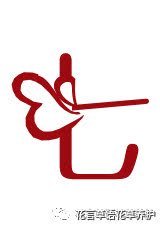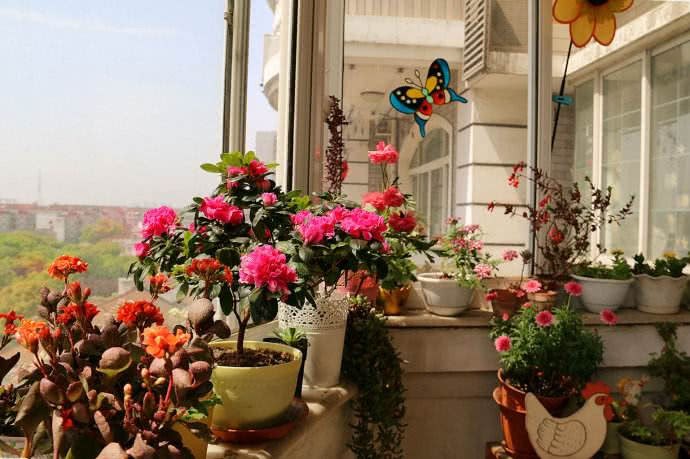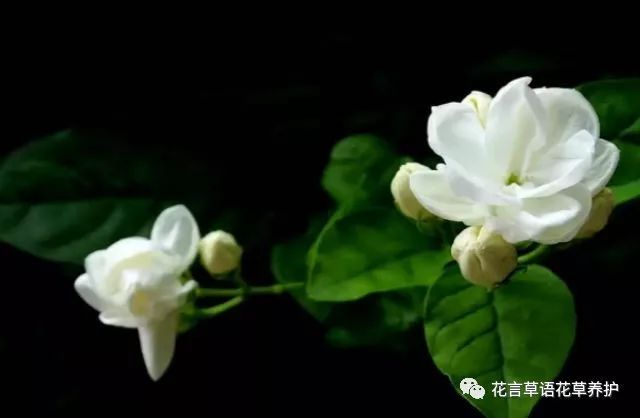The Origin and Customs of Qixi Festival

The seventh day of the seventh lunar month is Qixi Festival, also known as Qiqiao Festival, Qiqiao Festival, double Qi, Xiang Day, week, Orchid Night, Girls' Day, or Seven Sister's Birthday and so on.
As early as the era of the Book of songs, people knew something about the celestial phenomena of the Cowherd and the Weaver Girl.
The origin of Qixi Festival
This festival originated in the Han Dynasty. In the Xijing Miscellaneous Records of the Eastern Jin Dynasty, it is recorded that "Han color women often pierce seven-hole needles on the lapel floor on July 7, and people are all used to it". This is the earliest record of begging in ancient literature.
Tang
Song Dynasty
Poetry
Words
In the poems of the Tang and Song dynasties, women begging skillfully was also mentioned frequently. Wang Jianyou of the Tang Dynasty said, "the stars are dotted with pearls, and Qixi Festival Gong E is busy with begging."
Emperor
King
Shadow
Ring
According to the Legend of Tianbao in Kaiyuan, whenever Emperor Taizong and his concubine Qixi Festival had a dinner in the Qing Palace, the maids begged each other, and this custom lasted for a long time among the people and continued from generation to generation.
Number
Word
Residence
Meaning
"Seven" is also the number of beads in each column of the abacus, romantic and rigorous, giving people a sense of mysterious beauty. "Seven" and "wife" are homonyms, so Qixi Festival has become a festival related to women to a large extent.
Customs and habits
Needle begging is the earliest way of begging, which began in the Han Dynasty and flowed in later generations. Xijing Zajizhi said: "Han color women often wear seven-hole needles on Kailu Lou on July 7, and people learn it.
Cast
Needle
Check
Coincidentally
This is a variant of Qixi Festival's custom of begging for needles, which originates from and is different from needle piercing. It is a popular Qixi Festival festival custom in the Ming and Qing dynasties. Ming Liu Dong and Yu Yizheng's "Emperor Beijing scenery Lue" said: "lose the skillful needle at noon on July 7."
Blue
Night
Bucket
Coincidentally
It is said that it originated from the game of the court of the Han dynasty. On July 7 of every year, the Han Palace first played on the bank of Baizi Pool and played in Hetian music, then stumbled together with colorful wisps of five colors, which was called 'pity and love'.
Subsequently, the Gong E color girls in the palace went to the upper floor of the closed lapel together, and everyone learned to wear Qiqiao needles to beg skillfully. On the other hand, there is a palace maid named Xu Jie, who can carve the raw lotus root into all kinds of strange flowers and birds and present them to the emperor. The emperor puts these gadgets on the corner of the table in the palace at night for the maids to look for in the dark. This game is called Douqiao.
For
Cattle
Celebrate
Unripe
On Qixi Festival's day, children will pick wild flowers and hang them on their horns, also known as "celebrating Niu's birthday". Because it is said that after the Queen Mother of the West separated the Cowherd and the Weaver Girl with the Tianhe River, the old Niu asked the Cowherd to cut off its skin and drive its cowhide to see the Weaver Girl in order to let the Cowherd cross the Tianhe River to see the Weaver Girl. In order to commemorate the sacrifice spirit of the old cow, people have the custom of "celebrating the birthday of the cow".
Festival influence
Day
Ben
Shadow
Ring
The Qixi Festival in Japan, which originated in China, continues the custom and habit of "begging for skill", but it has nothing to do with love. It has become an important traditional festival among the people. Qixi Festival was originally the seventh day of the seventh month of the lunar calendar, and Japan abolished the lunar calendar, so the Qixi Festival in Japan falls on July 7 of the solar calendar every year.
Han
Country
Shadow
Ring
The most representative custom of Qixi Festival in South Korea is to pray for the Vega, hoping that she has dexterous hands and weaves better like the Weaver. In the morning, women put melons, cucumbers and other fruits on the table to kowtow and pray, so that women can weave cloth better and better.
More
South
Shadow
Ring
The tribute used to pay homage to Qixi Festival in Vietnam is mainly based on the customs of southern China, such as water chestnut, chess piece cake, gold cake, peanut, etc., as well as "crop seedlings" and a "seventh sister plate", which are closely related to the legend of "Cowherd and Weaver Girl".
- Prev

The green leaves have seen enough and want some color. These three styles bloom all the year round in an exploding pot.
Now it is nothing new to raise flowers and plants at home, but most families still choose green plants that are easier to maintain, such as green pineapple and hanging orchid. Although green plants are good, they still feel that they have less color after a long time.
- Next

How to make jasmine grow strong and fragrant
Jasmine is one of the typical strong positive flowers, which grows vigorously in the hot summer season and needs to bask in the sun. There is a saying that "sun-immortal jasmine". If the light is insufficient, the leaves will become bigger and thinner, the leaf color will become light green, the flowers will be few and the aroma will be poor. Choose a basin.
Related
- Wuhan Hospital Iron Tree Blooming Result Was Instantly Frightened by the Gardener Master
- Which variety of camellia is the most fragrant and best? Which one do you like best?
- What is the small blue coat, the breeding methods and matters needing attention of the succulent plant
- Dormancy time and maintenance management of succulent plants during dormancy
- Minas succulent how to raise, Minas succulent plant pictures
- What are the varieties of winter succulent plants
- How to raise succulent plants in twelve rolls? let's take a look at some experience of breeding twelve rolls.
- Attention should be paid to water control for succulent plants during dormant period (winter and summer)
- Watering experience of twelve rolls of succulent plants
- Techniques for fertilizing succulent plants. An article will let you know how to fertilize succulent plants.

